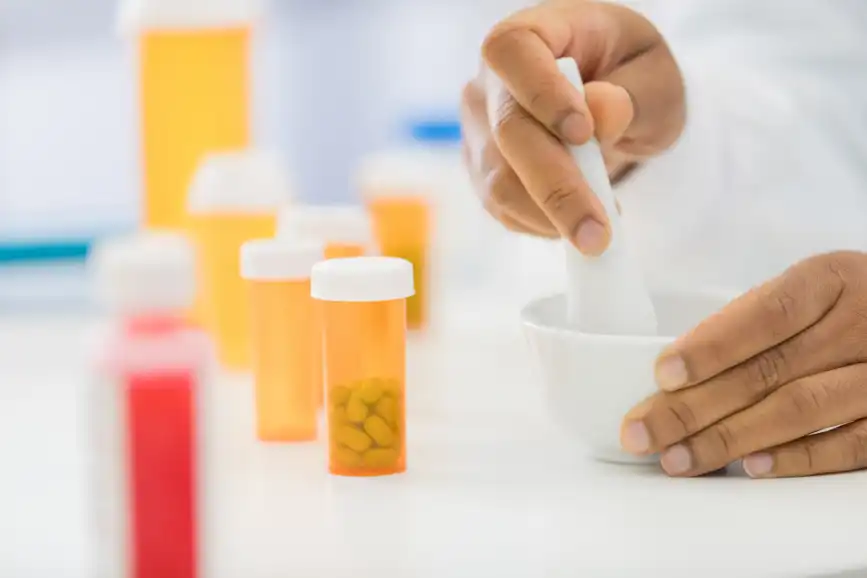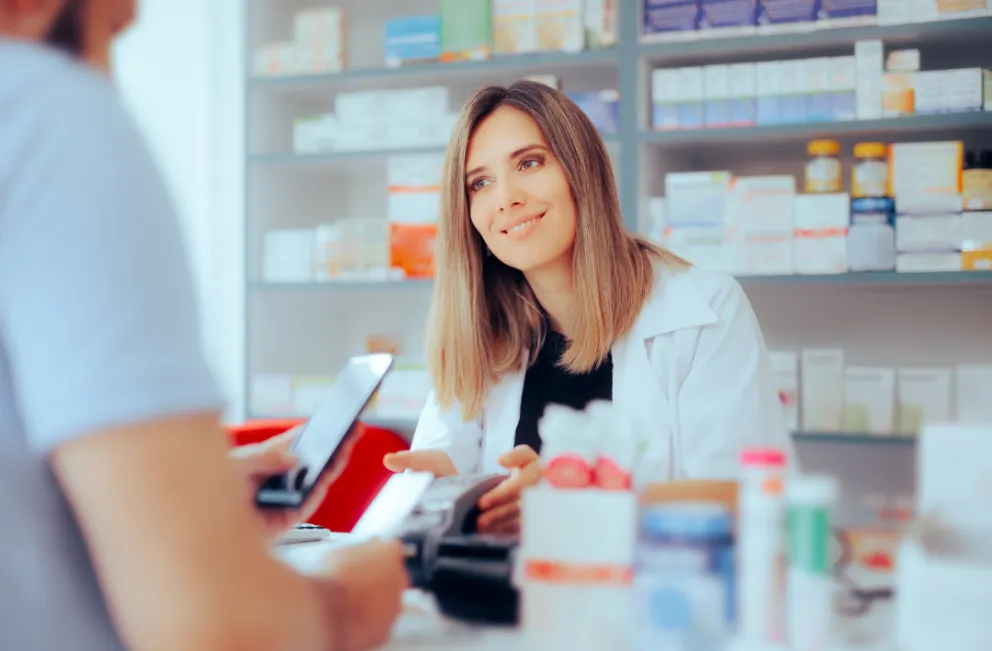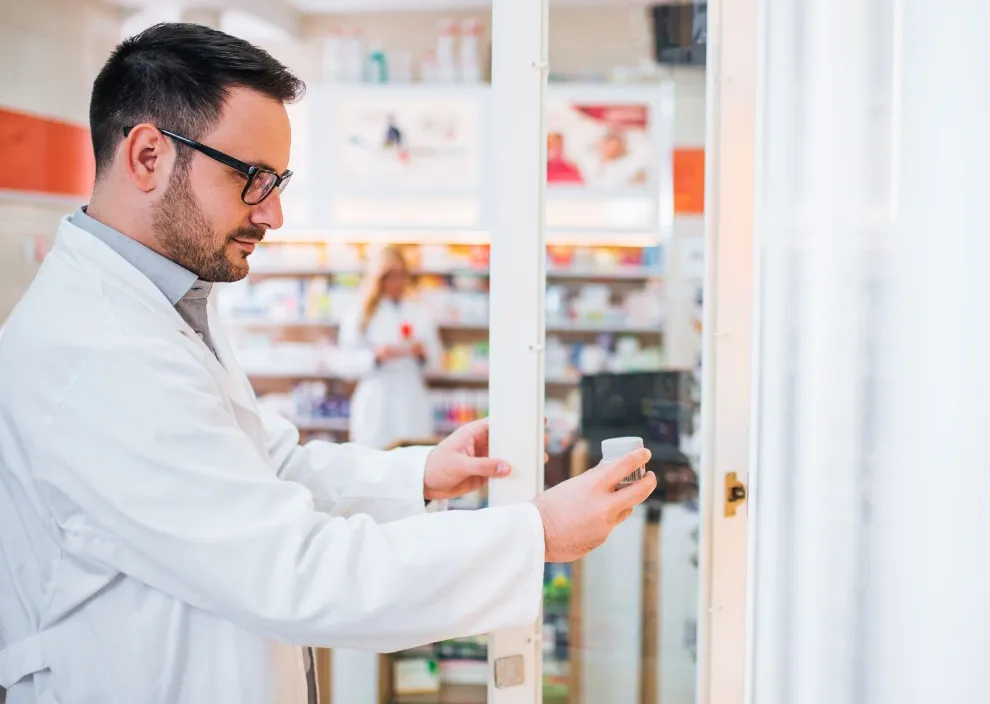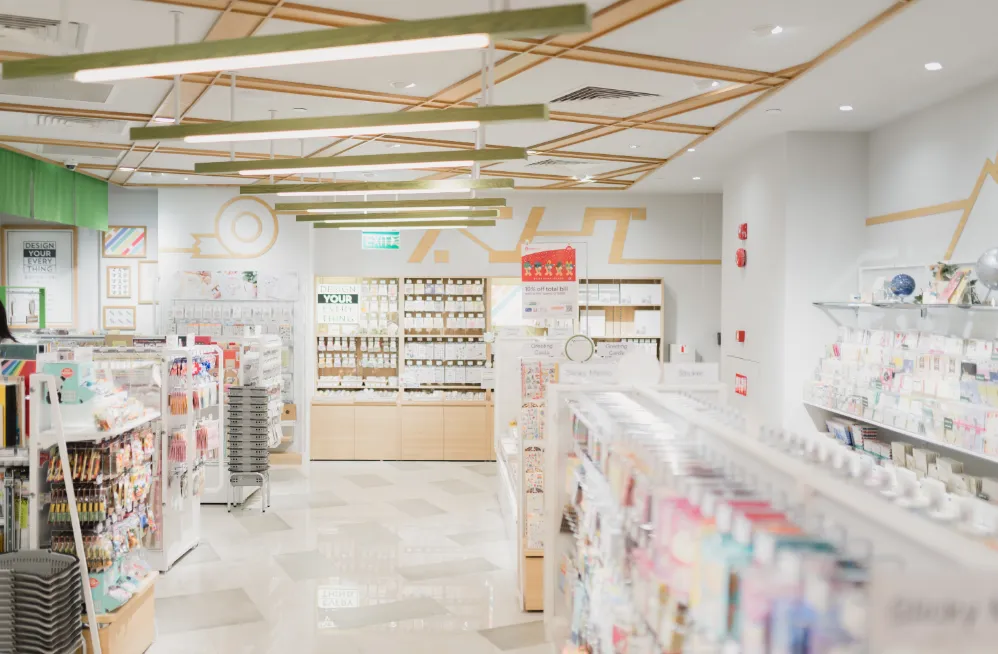What is a compounding pharmacy?
A compounding pharmacy prepares customized drugs from scratch, by mixing ingredients that are kept on hand according to the patient's needs. These types of medications are not accessible from a drug manufacturer or readily available as prepackaged medications.
Why would I need compound drugs?
If your doctor directs you to a compounding pharmacy, it may be because:
- You have an allergy to a particular inactive ingredient found in ready-made medications. A compounding pharmacy prepares active medications without using fillers that may cause fatal reactions.
- You need medications that are not commercially available. This may apply to drugs that are not profitable for pharmaceutical industries to produce but are still needed for medical treatment.
- Many of the ready-to-use dose forms are not suitable for children. A compounding pharmacy can reconstitute medications that are only available as pills into a liquid dosage form. Also, compounding pharmacies enhance the flavor of available medications to make them child friendly.
- You need medications for off-label use. Compounding pharmacies make it possible to get medications at a dose far smaller than the available commercial strength for off-label use.
- Specialized drugs are required to treat your medical condition. For instance, a newborn with a diaper rash and a staph infection will require a combination of antibiotics and diaper rash cream.
Are compound drugs subject to FDA approval?
Drugs prepared by compounding pharmacists are exempt from FDA approval since they are prepared in situations based on patients’ needs. Instead, the state boards of pharmacy control compound drugs using the United States Pharmacopeial (USP) standards.
What are the commonly compounded dosage forms?
Common compound drug dosage forms include liquids, creams, ointments, lozenges, suppositories, and capsules. Pills and tablets aren’t common.
How many compounding pharmacies are there in the United States?
Of the approximately 56,000 community pharmacies in the United States, only about 7,500 are compounding pharmacies.
How do I find a compounding pharmacy near me?
Many retail pharmacies offer some level of compounding but don't advertise it because only a small number of patients need the service. If you need compound drugs, ask your doctor to recommend a compounding pharmacy for you. When considering a pharmacy, make sure you review their experience, quality, availability, and affiliation with bodies such as the International Academy of Compounding Pharmacists (IACP), the America College of Apothecaries (ACA), and the Professional Compounding Centers of America (PCCA).
Will my insurance pay for compound drugs?
Currently, insurance does not cover compound medications. Sadly, some of these medications can be very expensive. If a compound drug becomes commercially available, you can use your RxLess discount card to save up to 88% on your prescription.

















